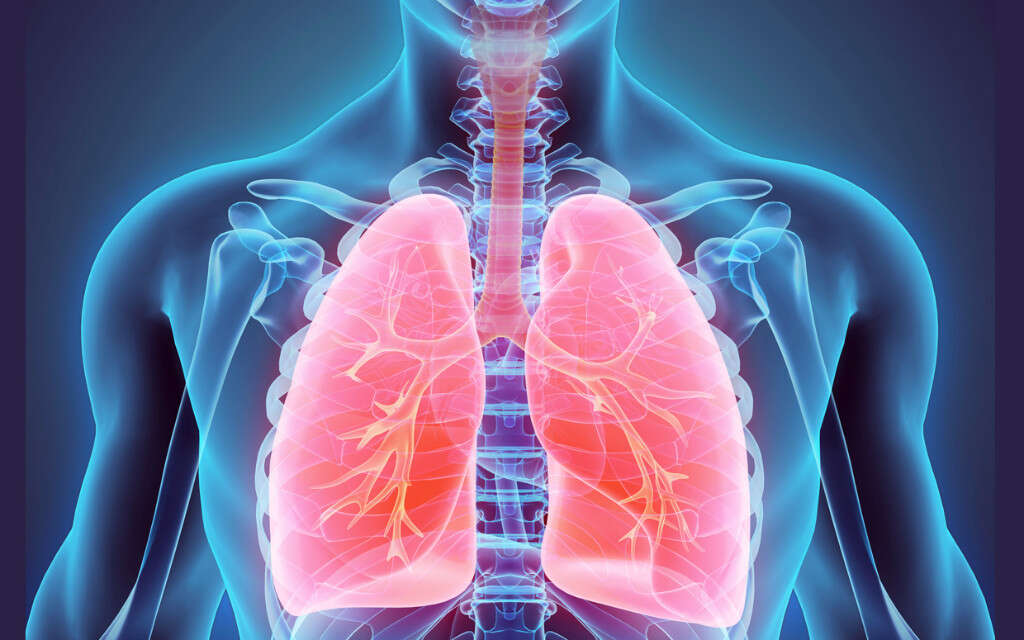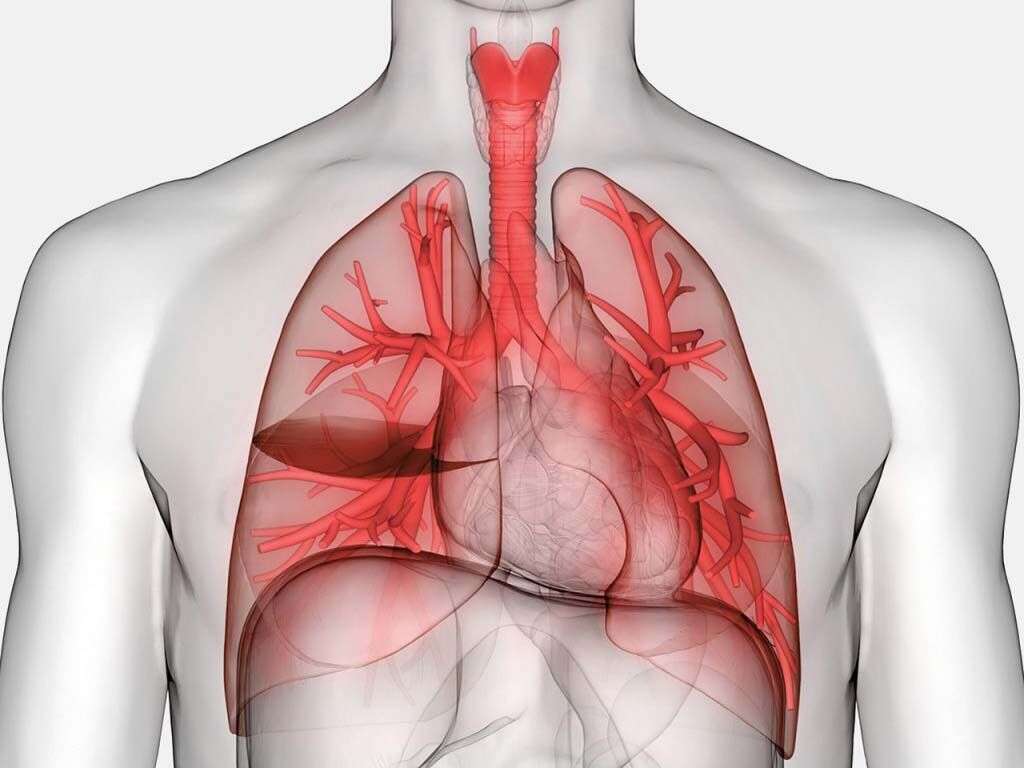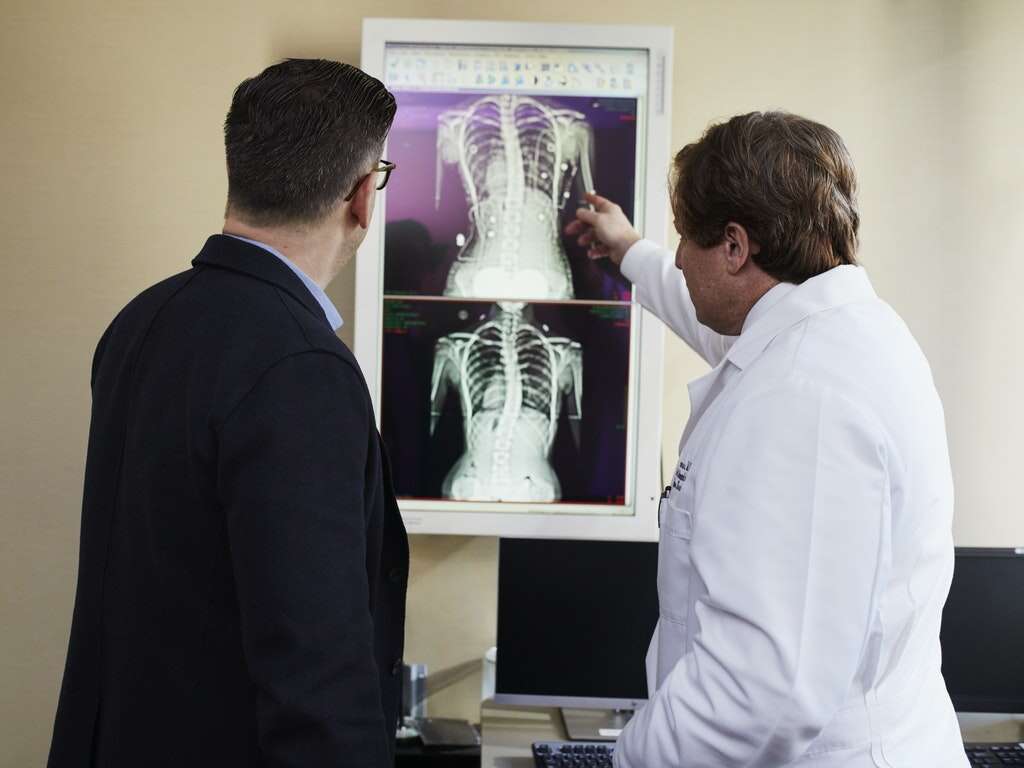10 Causes of Pleural Effusion
Oxygen is essential for our survival and we take it from the air that we breathe. This is done in the lungs that inhale and exhale constantly to ensure a steady supply of oxygen-rich air. Once absorbed into the bloodstream, the oxygen then gets transported around the body to where it is needed.
The lungs are made of very soft tissues and these tissues are protected from damage with linings that prevent the lungs from rubbing against other tissues. While there is usually some fluid between the linings to act as a lubricant, excess fluids can sometimes accumulate between these linings. This is a condition known medically as pleural effusion.
Cause #1: Congestive Heart Failure
Every single day of your life, your heart is constantly pumping to keep the circulation of the blood flowing. This ensures that we are supplied with the oxygen and nutrition that we need all day, every day. When this circulation is affected for some reason, though, complications can arise.
Congestive heart failure is a condition that affects the heart’s ability to pump blood. With the blood not circulating as well as it should be, it means that fluid can begin to collect where it would otherwise flow away. This accumulation of fluid can include the layers lining the lungs and is a symptom of congestive heart failure.
Cause #2: Infections
The incredible work that our immune system does often goes unnoticed. Any pathogens and other potentially harmful items are dealt with quickly and silently and we will usually not even be aware they were there at all. Our immune system is not invincible though and infections can take hold, potentially leading to a range of complications.
If our lungs become infected then things can get quite serious as our ability to breathe is potentially compromised. One such outcome of an infection of the lungs is pleural effusion. This can lead to a range of symptoms including chest pain, dry cough, and difficulty breathing.

Cause #3: Kidney Disease
Fluids are essential to us; without them, we would simply die. Most people are fortunate enough to have plenty of fluids available for consumption whenever they need them. However, many fluids that we drink are likely to contain potentially dangerous compounds such as toxins. Fortunately, our kidneys excel in the role of removing them from the blood.
If the kidneys are not operating as effectively as they should be, it can cause the accumulation of unwanted fluid in the bloodstream. These fluids begin to accumulate in various locations around the body, including the lining of the lungs, leading to pleural effusion.
Cause #4: Autoimmune Disorders
We would likely not last long without our immune systems. Without an effective line of defense against infections and disease our bodies can become ravaged by illness, potentially leading to our death. That we are generally in good health despite being surrounded by such dangers is a testament to how well the immune system works.
However, our immune systems are not perfect, and things can go quite wrong. Sometimes, our immune systems can even work directly against us and attack our own bodies, which in turn can cause an accumulation of fluids. This is known as an autoimmune disorder and is a common cause of pleural effusion.

Cause #5: Cancer
Cancer is the abnormal growth of cells, and such growths can spread and begin to take over the body. It can affect any types of cells and the effect can be devastating, often posing a very real threat to the patient’s life. While we are advancing in our ability to treat cancers, many cases still result in fatalities.
Cancer can also develop in the lungs and is one of the most common causes of pleural effusion. It can be particularly difficult to treat. Surgery is often required and even a successful removal of the cancer can leave the patient with breathing difficulties, including continued effusion.
Cause #6: Hypoalbuminemia
Our blood does a superb job of transporting nutrients, oxygen, and much-needed fluids around the body. Our blood vessels need to make sure that fluids and other nutrients remain in the bloodstream until they reach their desired location. There are numerous systems and compounds that allow this to happen.
One such compound is albumin, which is produced in the liver. It helps to maintain the osmotic pressure of the bloodstream, preventing fluids from leaking into bodily tissues. A lack of albumin in the bloodstream is known as hypoalbuminemia and it can lead to fluids leaking into the linings of the lungs, causing pleural effusion.

Cause #7: Trauma
Our bodies are made up largely of delicate materials, meaning we are easily injured if we are not careful. Cuts and bruises are common; however, injuries that are severe enough could potentially be quite dangerous to us. Some of our precious organs, such as our heart and lungs, can experience trauma, although they are well protected by the rib cage.
Despite the protection from the rib cage, however, our lungs are not impervious to damage. They can be harmed by trauma potentially leading to a range of complications. If a trauma leads to the release of fluids internally then it could lead to pleural effusion.
Cause #8: Pulmonary Embolism
Our circulatory system contains an extraordinary network of tubes, valves and pumps that always help to keep the blood flowing freely. The system is very effective at allowing the blood to transport nutrients to where they are needed. For the network to function though, the tubes need to be open to allow the blood to flow.
Blockages in the tubes can impede the flow of blood and this can be very dangerous. A pulmonary embolism is a blockage of the lung’s arteries, leading to some very serious complications. One potential complication is pleural effusion.

Cause #9: Cirrhosis
Our livers play a very important role in our body, including the cleaning of our blood and the production of important compounds. We do tend to be quite tough on our livers, though, and rough treatment can lead to diseases developing. One such disease is cirrhosis and it can have a significant impact on our lives.
When cirrhosis, or any other liver condition, is impeding the organ’s ability to do its job then fluids can begin to accumulate in the bloodstream. These fluids must go somewhere and one place they can end up is in between the lung’s linings, causing pleural effusion.
Cause #10: Open-Heart Surgery Complications
Modern surgery has come a long way since its infancy. We are now able to undertake complex surgery that we would never have considered before, and we are even able to operate on vital organs such as the heart. Nowadays, if you do develop a serious complication with the heart there’s a reasonable chance it can be operated on.
Still though, not everything goes according to plan and complications can occur; after all, such procedures tend to be very complex. This means that the patient is likely to require close attention for some time after open heart surgery has been completed in case complications do arise. One complication caused by open heart surgery can be pleural effusion if the heart is providing reduced assistance in the circulation of fluids around the body.










